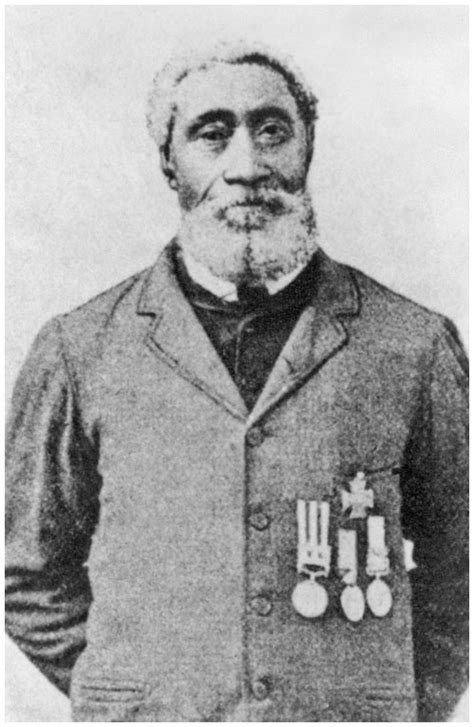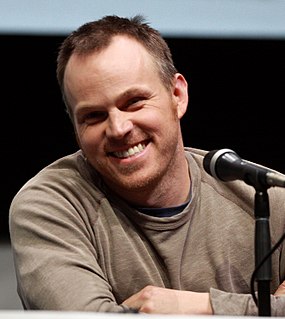A Quote by Roxane Gay
I think one of the most important things we can do as feminists is acknowledge that, even though we have womanhood in common, we have to start to think about the ways in which we're different, how those differences affect us, and what kinds of needs we have based on our differences.
Related Quotes
Let us not be blind to our differences-but let us also direct attention to our common interests and to the means by which those differences can be resolved. And if we cannot end our differences, at least we can help make the world safe for diversity. For, in the final analysis, our most common link is that we all inhabit this small planet. We all breathe the same air. We all cherish our children's future. And we are all mortal.
Institutionalized rejection of differences is an absolute necessity in a profit economy which needs outsiders as surplus people. As members of such an economy, we have all been programmed to respond to the human differences between us with fear and loathing and to handle that difference in one of three ways: ignore it, and if that is not possible, copy it if we think it is dominant, or destroy it if we think it is subordinate.
Solar flares affect our everyday lives in all kinds of mundane ways. They affect satellites, they affect our emotions, and so on, but they also affect the nature of the light that is coming to us, which is kind of the way that the DNA unfolds. And on those levels hardly anyone really understands all of this, and I don't either. I just know that what is going on in the Sun is very important.
I think that the scienti?c way of looking at the world, and the humanistic way of looking at the world are complementary. There are important differences which should be preserved, and in trying to do away with those differences we would lose something the same way as if we tried to make all religions one religion or all races one race. There is a cultural diversity that's very valuable, and it's valuable to have different ways of looking at the world.
I often think people on opposite sides of the political spectrum may have similar values around care, around thriving or around independence, or around helping the disadvantaged, but they have different ideologies, different ideas and philosophies about how to go about that. It's important that we start to see each others humanness, while at the same time not losing sight of those differences, views and speeches and actions that do cause harm, that we're clearly taking a stand against.
The wonderful thing about the theater is that it can emphasize BOTH our diversity AND our common humanity. In many ways, the world of Shakespeare (or Aeschylus or Racine) is totally different from our world; and yet any human being can look through the differences in dress and mores and discover our common problems, passions, and potentials.
I think that if you make something that's relatable then people will attach themselves to it. You can express it in a lot of different ways but I feel like as long as you are consistent and fair with the audience they'll engage irrespective of how they self-identify. I think it just gets too complicated to track all those differences between demographics.




































